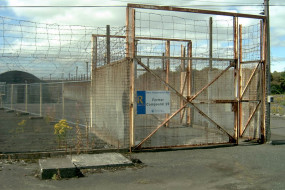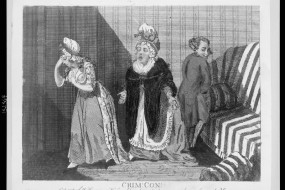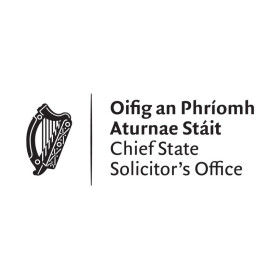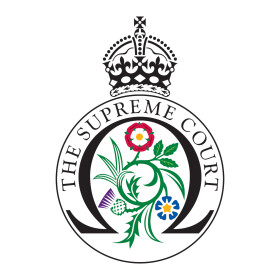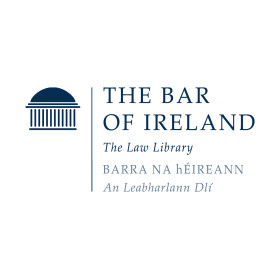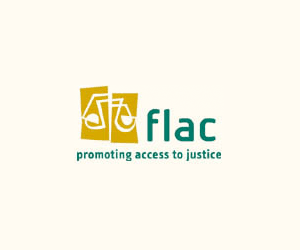Between the 9th and 10th of August 1971, the British Army initiated ‘Operation Demetrius’ in Northern Ireland – which involved the arrest and internment of hundreds of people suspected of being associated with the IRA. Of those arrested and interned during Operation Demetrius, four
Opinion
Employment law solicitor Richard Grogan of Richard Grogan & Associates briefly recaps a recent decision of the Labour Court on time limits. In the case TUD1813, being a case of Pat the Baker and Conor Brennan, the issue related to the submission of an appeal which was submitted out of time.
Following much controversy surrounding the European Union’s proposed Copyright Directive, MEPs have voted again on the Directive, this time in a vote of support with 438 in favour, 226 against and with 39 abstentions, writes Euan Duncan. MEPs previously voted against the Directive in July of t
Irish revolutionary Roger Casement, the ‘father of 20th-century human rights investigations’, was knighted in 1911 for his investigations into human rights abuses in the Congo and Peru while he worked a British Consul.
The Secret Barrister: Stories of the Law and How It's Broken Kapil Summan, assistant editor of our sister publication Scottish Legal News, reflects on the presumption of innocence in one of the best legal books of modern times.
Barry Crushell, partner at Tully Rinckey Ireland, sets out his view on a recent Court of Appeal judgment on workplace safety. A recent decision delivered by the Court of Appeal, in the matter of Geraldine McCarthy (the Employee) versus the ISS Ireland Limited (the Employer) and Another (see: [2018]
Employment law solicitor Richard Grogan of Richard Grogan & Associates writes on recent constructive dismissal cases which illustrate the need for employees to take legal advice before resigning. In case ADJ10369, the AO had to deal with a claim of constructive dismissal and has helpfully set ou
Eimear Coughlan, solicitor at O'Flynn Exhams Solicitors in Cork, explores recent case law on leases and lender consent. It is settled law that a failure to obtain the bank’s consent to the creation of a lease over mortgaged property renders the lease voidable. A question which recently arose b
Criminal conversation gave a man a right of action for damages against anyone who had sexual relations with his wife, and the consent of the wife did not affect his entitlement to sue. It was not necessary that adultery resulted in separation, however if the couple was already separated the man was
Kellie O'Flynn, solicitor in the litigation and dispute resolution team at William Fry, writes on the implications of the GDPR for litigation in Ireland. With the EU General Data Protection Regulation (GDPR) now in effect, one of the emerging considerations is whether its provisions – specific
Emily Paisley, a solicitor specialising in debt recovery for businesses at Worthingtons Solicitors in Belfast, writes on debt recovery in Northern Ireland. The Financial Conduct Authority’s (FCA) recent survey (Financial Lives 2017) found that personal debt levels in Northern Ireland are the h
Darryl Broderick, partner and head of litigation and dispute resolution at Ronan Daly Jermyn, examines the impact in Ireland of Cliff Richard's recent court win in a major privacy lawsuit against the UK's public broadcaster. Earlier this month, the BBC announced that it would not be appealing the Hi
In February, Irish Legal News shared the story of Irish law graduate Aoife Moore Kavanagh, who had become one of the youngest-ever people to pass the New York bar exam. Today, she shares an update on her American adventure. Following on from the brilliant news that I had passed the New York Bar exam
Employment law solicitor Richard Grogan of Richard Grogan & Associates writes on recent cases clarifying the law on fixed-term contracts. In a case of the Department of Employment Affairs and Social Protection and Anna Concarr FTD184, an issue arose where the employee contended that, having comp
Margaret Cordial, solicitor at AMOSS Solicitors in Dublin, writes on a series of recent court judgments affecting owners and occupiers. The Courts have held in a number of recent decisions that occupiers are entitled to presume that visitors to their property will take reasonable care for their own





